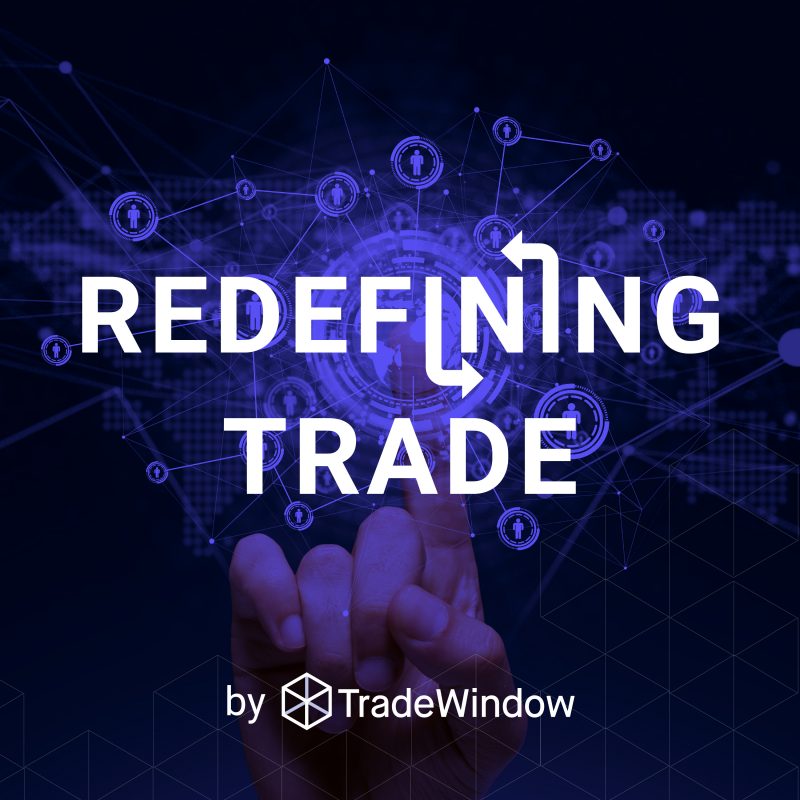Podcast with Pru Gordon and some of Australia’s biggest trade deals
All’s fair in trade and war: The latest episode of digital trade platform TradeWindow’s new podcast features trade guru Pru Gordon sharing a behind the scenes look at some of Australia’s biggest trade deals.
A behind-the-scenes glimpse into game-changing trade deals is explored in the latest episode of Redefining Trade, the podcast by digital trade platform TradeWindow.

Pru Gordon, whose trade experience spans 25 years, revealed to podcast host and TradeWindow Chief Sales & Marketing Officer Peter Foyston a handful of highlights in her career, including seeing former trade representative for the United States (U.S.), Michael (Mike) Froman, grapple with Andrew Robb, Australia’s former Minister for Trade and Investment, over the controversial issue of biologics in the Trans-Pacific Partnership (TPP).
Negotiations between Australia and the U.S. centred around the protection of data used to determine the ethics and effectiveness of biologic medicines, which Gordon said was a make-or-break issue in the partnership for several countries, including Australia which came under significant pressure to shift its position.
“It was fascinating to see Mike Froman – who is an unbelievably articulate and impressive person – come up against Andrew Robb, who is equally impressive with his own set of skills, but quite different,” Gordon recalled.
“Andrew Robb absolutely understood the importance of those negotiations and the number of other countries in the TPP who were really relying on Australia to hold the line on this issue. It was fantastic to see the dynamic, and the different personalities of the two key negotiators and how that influenced the dialogue and way the issue was negotiated.”
Another of Gordon’s most memorable moments was at the 2015 Nairobi Ministerial Conference, when World Trade Organisation (WTO) members agreed on a historic decision to eliminate agricultural export subsidies – the most important reform of international trade rules in agriculture since the WTO was established.
“Once the agreement was done, just seeing the negotiators in the room – hundreds of them – the relief, the joy, the satisfaction of finally being able to conclude an agreement was a fantastic experience,” Gordon said. “It reinforced the value of the WTO for so many countries in being able to improve the trade environment in which individual businesses operate every day.”
Pru, who is Director at the Australian Centre for International Trade and Investment, said something that strikes her most about high profile trade negotiations is the huge responsibility vested in ‘very human individuals’ to broker a deal that works on behalf of entire nations.
The different tactics countries employ when at the negotiating table is also compelling, with bigger countries tending to be more demanding than smaller ones.
“I definitely believe that country size does matter when it comes to negotiations. Big countries do tend throw their weight around. In the WTO, there are quite a few countries that use the opportunity of the consensus-based decision making to hold up negotiations to the detriment of other countries, but also to the system itself.
“This splintering into multiple trade agreements is, in large part, because we haven’t been able to get outcomes in the WTO that so many countries would prefer – and I think business would prefer – because what you fundamentally get with a WTO agreement is one set of rules rather than multiple.”



